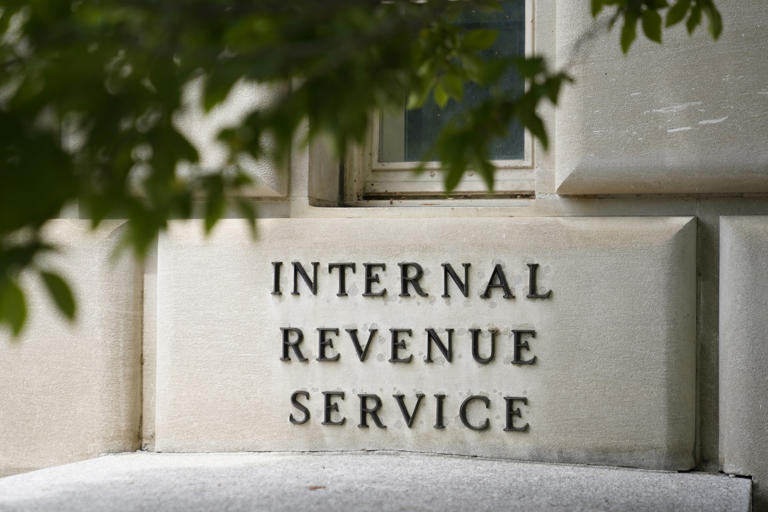The IRS’s Direct File initiative, introduced as a free online tax filing tool, has garnered significant attention and commendation during its initial pilot phase. With over 140,000 participants receiving a cumulative total of $90 million in refunds, and an overwhelmingly positive response from users—nine in ten rating the software as “excellent” or “above average”—the program has unequivocally demonstrated its efficacy in simplifying the tax filing process and facilitating access to refunds.
Following the resounding success of the pilot program, Treasury Secretary Janet Yellen announced the permanence of Direct File and its subsequent expansion to all 50 states, thereby extending the benefits of free filing to a broader spectrum of taxpayers across the country. Although the specific eligibility criteria are yet to be outlined by the IRS, industry experts, including former IRS commissioner Mark Everson, anticipate a deliberate and meticulous approach to the program’s expansion, prioritizing stability and functionality to avoid potential pitfalls encountered during the rollout of other government initiatives.
Direct File’s introduction marks a significant milestone in the ongoing efforts to provide taxpayers with a viable alternative to commercial tax preparation services, which often entail substantial fees, disproportionately affecting lower-income families. Advocates emphasize the importance of offering free filing options as a means of addressing the inherent inequities entrenched within the existing tax system, particularly for marginalized communities.
However, concerns have been raised regarding the IRS’s assumption of multiple roles, including tax preparer and auditor, prompting debates surrounding the agency’s authority and oversight. Despite these apprehensions, proponents assert that stringent regulations are in place to prevent any potential misuse of taxpayer data, drawing parallels with other government agencies such as the Social Security Administration, which similarly manage sensitive financial information with due diligence and integrity.
As Direct File continues to evolve and expand its user base, it is poised to become a cornerstone of tax preparation, offering a cost-effective and efficient solution for millions of Americans. With ongoing enhancements and broader accessibility, the initiative aims to address longstanding challenges inherent in the tax filing process, ultimately benefiting taxpayers nationwide and fostering greater financial inclusion and equity.
